39 pages • 1 hour read
PlatoTheaetetus
Nonfiction | Book | Adult | BCEA modern alternative to SparkNotes and CliffsNotes, SuperSummary offers high-quality Study Guides with detailed chapter summaries and analysis of major themes, characters, and more.
Themes
Lawyers and Democracy Are Flawed
Of all the people criticized in Theaetetus, lawyers stand out. Plato reserves for them some of his harshest personal rebukes and his most damning analysis. In the digression on philosophy and rhetoric in Chapter 17, Socrates presents lawyers as the epitome of the unleisured man, as slaves to “the clock” and to authority. With their art in sophistry, “they think they have become clever and wise” (51). In fact, they have become “small and crooked in their minds […] deprived of growth, straightness and freedom” (50-51). Like the sophists, with whom lawyers are associated, their commitment to self-advancement rather than the truth has stunted them. Their intellect has been bent into a narrow, mercenary “cleverness” that serves whichever master pays the highest price.
It is not just that lawyers prostitute their knowledge but that the very nature of their profession demands its sacrifice and mutilation. As Socrates rhetorically asks Theaetetus, “do you think there are people who are so clever as teachers that, in the short time allowed by the clock, they can teach the truth, to people who weren’t there” (94). In a trial there simply is not the time, nor the intellectual level, to establish the real truth through argument.
Related Titles
By Plato
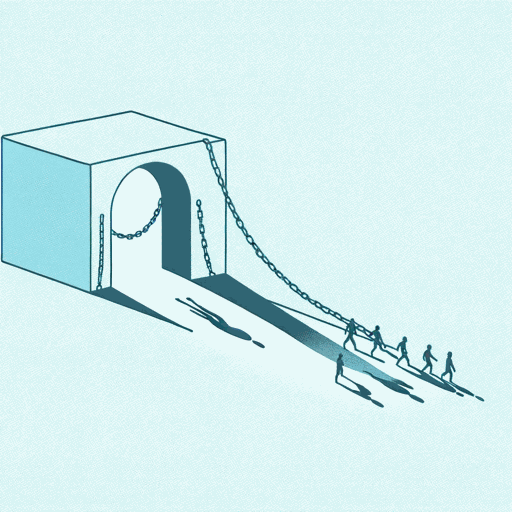
Allegory Of The Cave
Plato

Apology
Plato
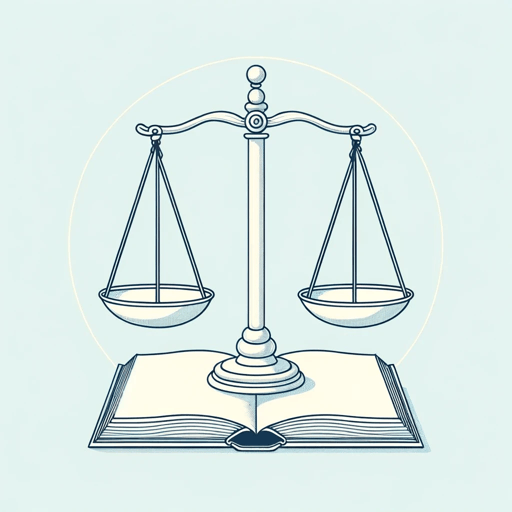
Crito
Plato
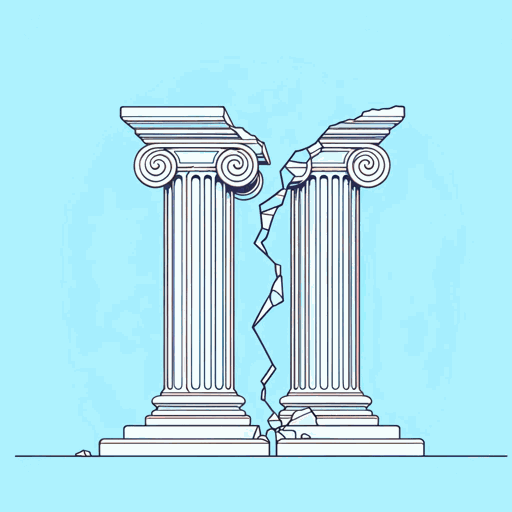
Euthyphro
Plato
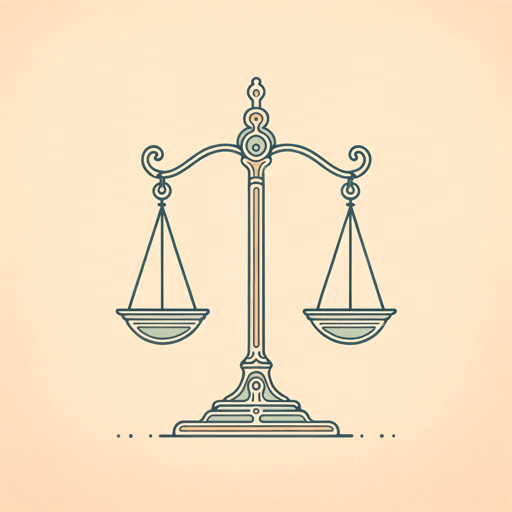
Gorgias
Plato

Ion
Plato

Meno
Plato

Phaedo
Plato
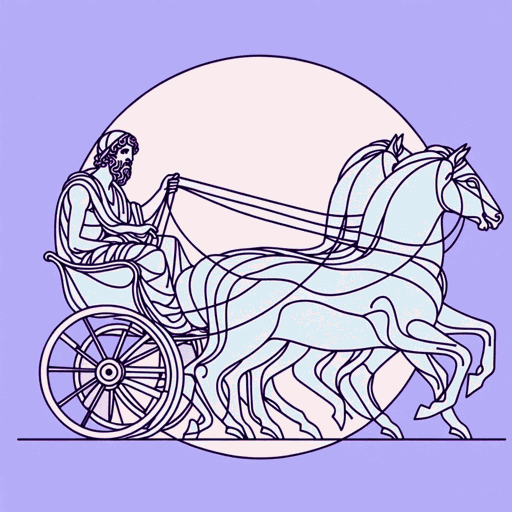
Phaedrus
Plato
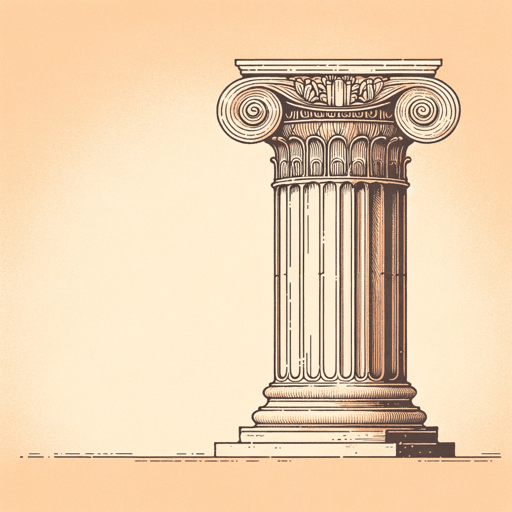
Protagoras
Plato

Symposium
Plato
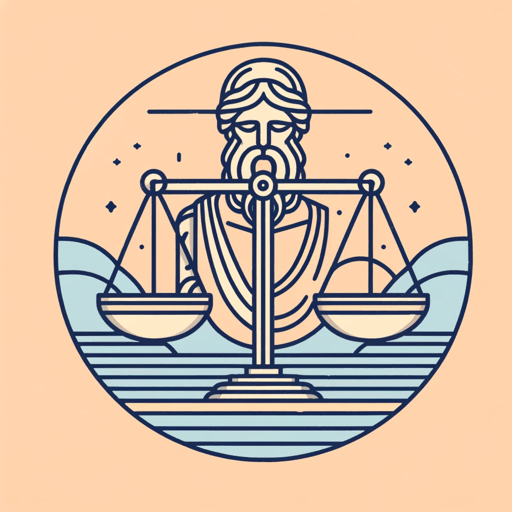
The Last Days of Socrates
Plato

The Republic
Plato

